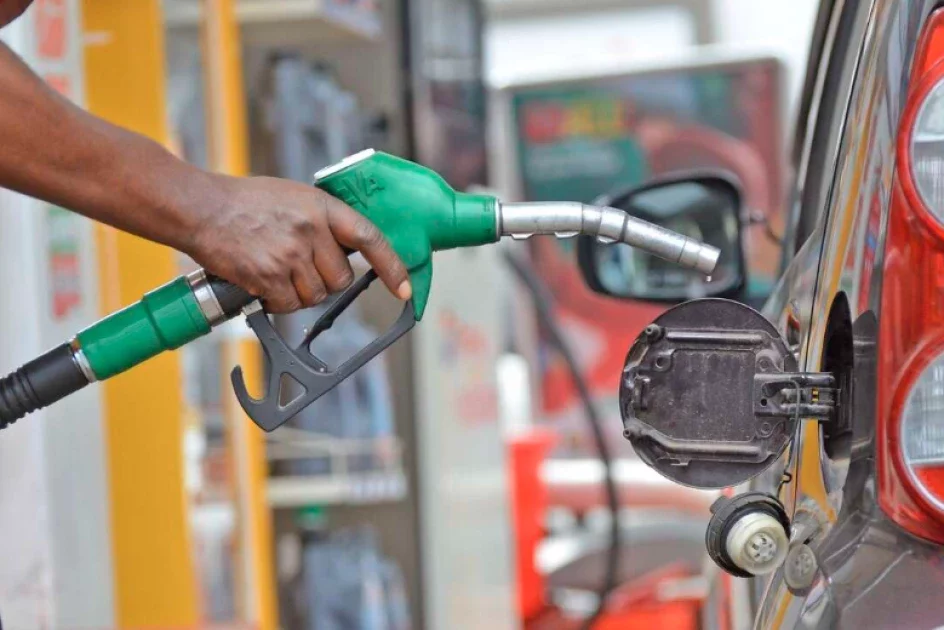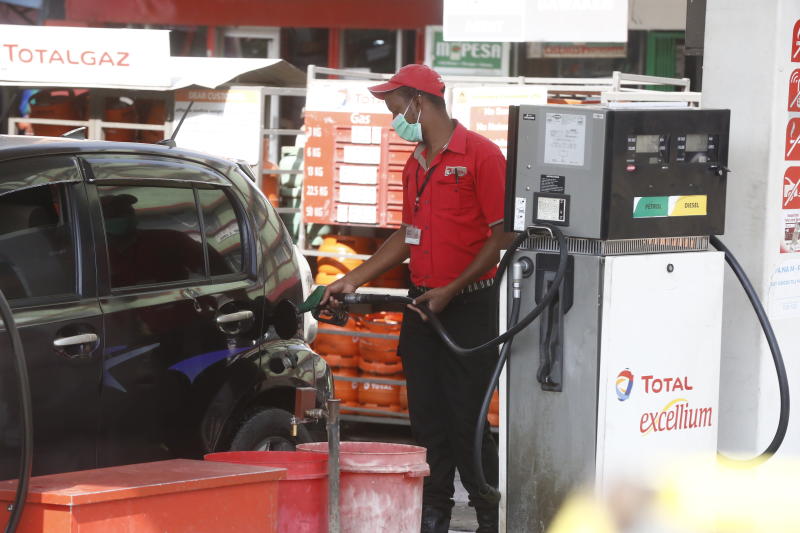The price of fuel products has hit a record increase, crossing the Ksh 200 mark in September. Many question why the prices keep on increasing and are no longer being stabilized as they once were.

There are external and internal factors that contribute to the fuel prices in a country.
The main contributor to the increasing prices is the International market. Kenya does not produce its own products. It is therefore heavily reliant on the international market which determines the price. Consequently, the exchange rate between the Kenyan shilling and the US dollar contributes to the high cost of fuel.
The Kenyan Shilling hit a record low of Ksh 150 for a dollar in August. Since the fuel is purchased in US dollars, the cost of fuel has therefore increased based on the increased exchange rates.
Aside from the external factors, there are a few internal components that determine the final pump price. When the product itself arrives in the country, there are respective costs for petrol, diesel and kerosene.
Subscribe to Switch TV
The distribution and storage costs include the pipeline cost from Mombasa to Nairobi, pipeline losses, depot losses depending on the different products and then delivery price within 40km of Nairobi.
We then have the suppliers’ margins. The oil marketing companies have their profit margins set at Ksh.12.39 for petrol and Ksh.12.36 for both diesel and kerosene. Incidentally, this margin has not changed since 2021, according to data from the Energy Petroleum Regulatory Authority (EPRA).
Taxes; the Main Internal Cause of High Fuel Cost
This next component sends the prices to a whole new level, taxes. There are 9 taxes in total charged on petroleum products. These are; Excise Duty, Road Maintenance Levy, Petroleum Development Levy, Petroleum Regulatory Levy, Railway Development Levy, Anti-Adulteration Levy, Merchant Shipping Levy, Import Declaration Fee and the Value Added Tax.
The VAT prior to the recent administration was at 8 per cent. The Finance Act 2023 has however altered that and raised the VAT to 16 percent. This is because the government wants to increase its revenue collection and propel internal activities.
![A group of people gather in front of the parliament building to protest against cost of living, high tax rates and poor living conditions, on February 21, 2023 in Nairobi, Kenya. [Photo/Courtesy]](https://news.switchtv.ke/wp-content/uploads/2023/07/thumbs_b_c_fde7476cab4b05eb9d05122790ec43e4.webp)
The doubling of VAT alone is a significant addition to the cost of fuel. It means that there has been an addition of Ksh.14.50 for petrol, Ksh.13.86 for diesel, and close to Ksh.14 on kerosene.
Despite the external factors that we cannot control, the 9 taxes that influence the increasing cost of fuel are dependent on the state. Our representatives in parliament introduce and pass taxes in parliament, meaning the Executive and Legislature have some control over the increasing fuel prices.
Raila Odinga, leader of the opposition, mentioned that every other product within Kenya would increase in cost if the fuel VAT remains where it is. He further stated that despite the expected bumper harvest, the cost of maize flour (unga) would still be the same or higher due to the increasing cost of fuel which affects the farmers’ cost of production.
Read Also: Motorists Opt for Tanzania Due to the High Fuel Cost
















